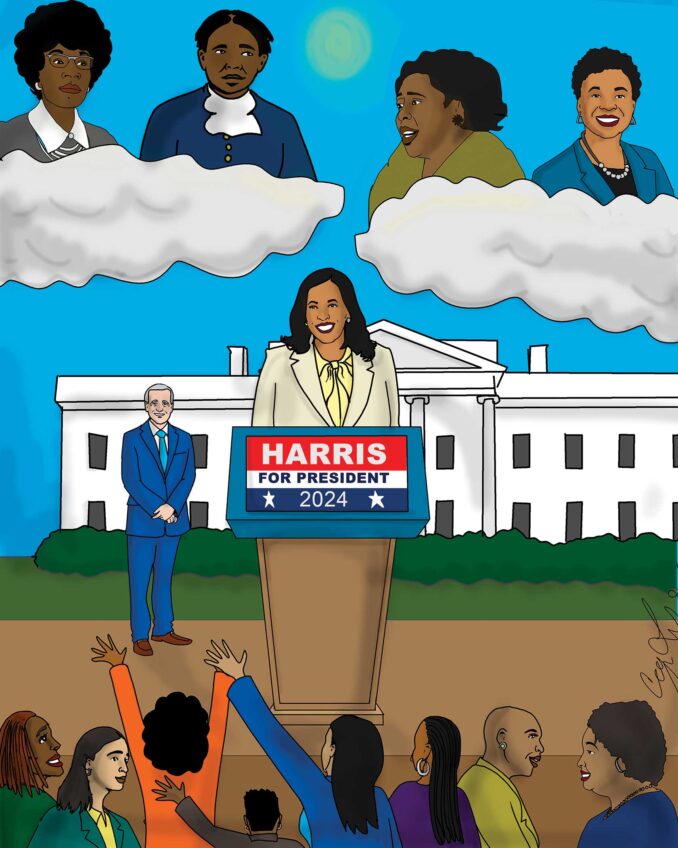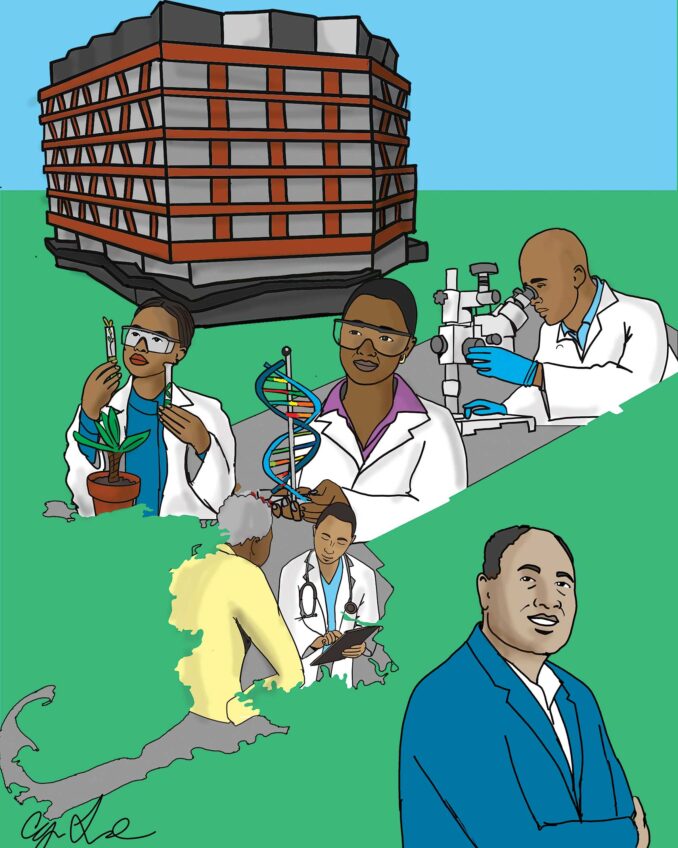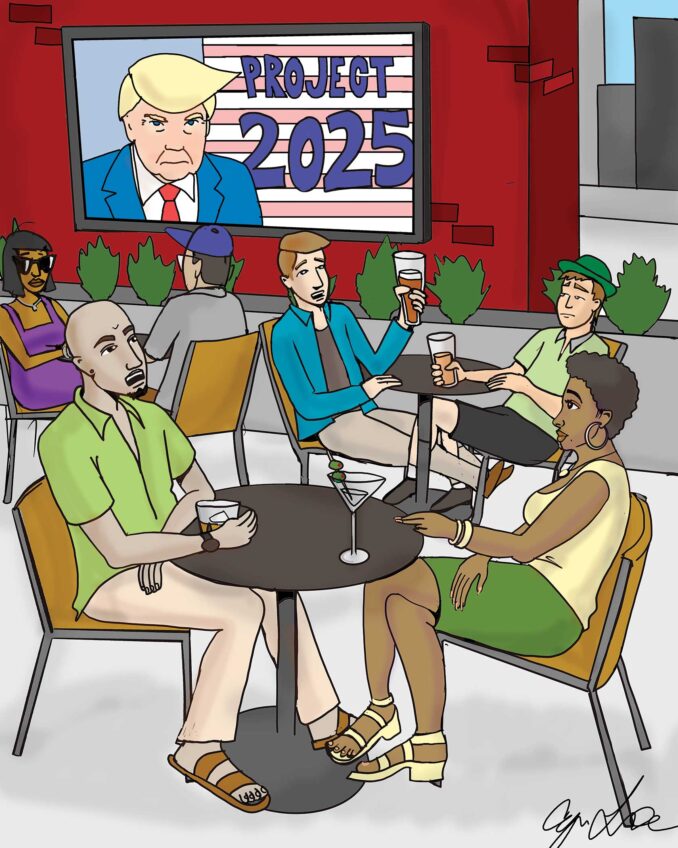Since ancient times, a major provocation for war was persistent dispute over property lines. Land was the precious commodity of every nation. Those in control of the land determined who could farm, hunt and mine, or even cross the land to reach other areas. To a great extent, the status and wealth of a nation was determined by the value of its natural resources and the fertility of its fields.
The notion of gaining control of foreign nations was a common practice of ancient empires. Roman rulers sent Julius Caesar and other generals north as far as Great Britain to extend the reach of the Roman Empire. In more recent times, Belgium, Portugal, England and Spain established colonies in Africa, the Caribbean and South America. Although Russia is geographically extensive, it has not successfully established a legitimate empire. That is universally recognized.
The Union of Soviet Socialist Republics (USSR) was established in 1922, and Vladimir Lenin was president until his death in 1924. It was the world’s largest unified country, with 6.6 million square miles. Countries included in the USSR were Russia, Estonia, Latvia, Lithuania, Belarus, Ukraine, Moldova, Georgia, Armenia, Azerbaijan, Kazakhstan, Uzbekistan, Turkmenistan, Kyrgyzstan, and Tajikistan. Many of these countries became allied with Russia during World War II for protection against Nazi Germany. When the USSR collapsed in 1991, those countries became independent states.
In addition to the termination of the USSR in 1991, Ukraine voted on an “Act of Declaration of Independence” on Dec. 1, 1991, and 92.3% of voters were in favor of Ukraine functioning as an independent republic. When Vladimir Putin became president of Russia, he decided to reestablish a nation as significant as the Russia of the czars, and he needed the very productive Ukraine to be part of Greater Russia.
The first act of war occurred in 2014 with the military invasion of Crimea. Part of Ukraine then became occupied by Russians in order to provide direct access to the Black Sea, a significant ocean about the size of the Baltic Sea. When the act did not provoke a defiant international response, Putin made plans to occupy the rest of Ukraine.
Putin is following an ancient strategy of the powerful, pillaging and plundering the poor. The United States and other NATO nations have joined to put an end to this archaic abuse. Democrats and Republicans must unite to impose civilized standards of human behavior on those still committed to ancient abuses.






